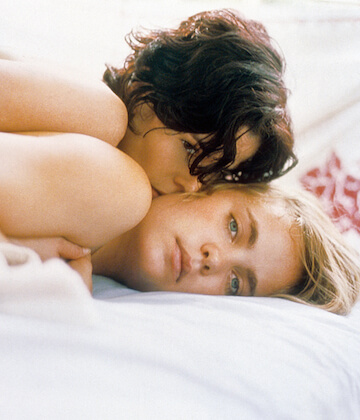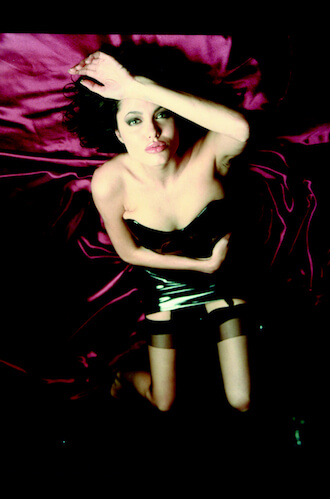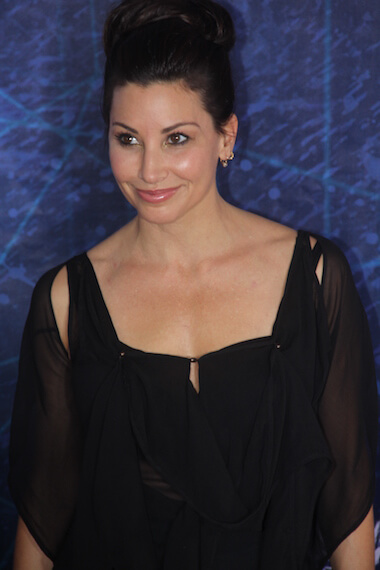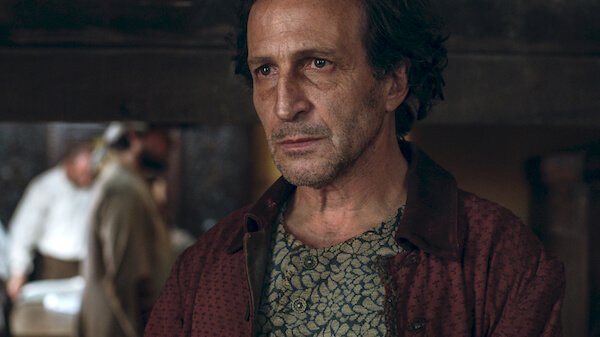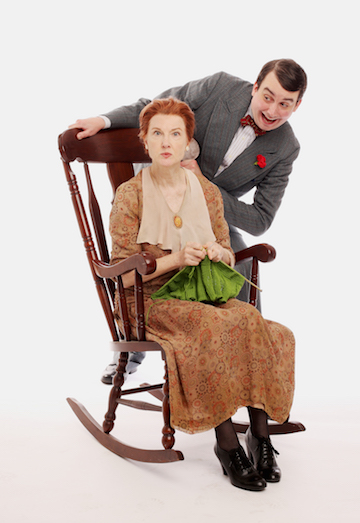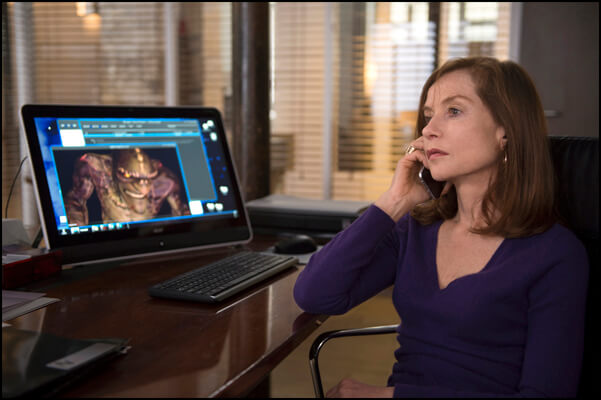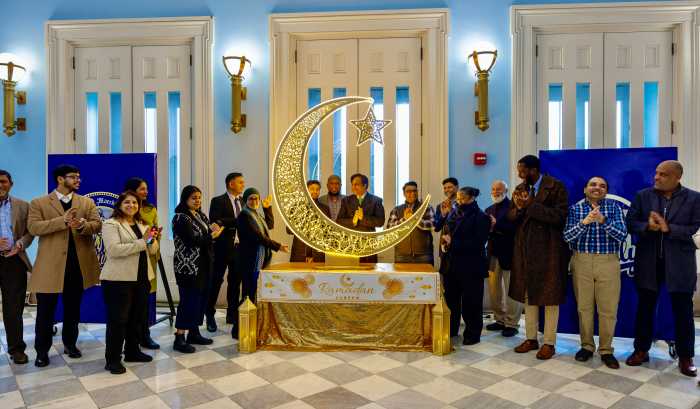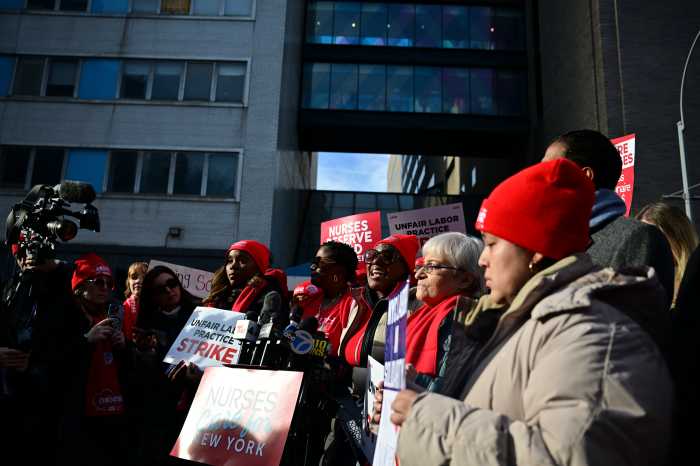James Duval in Gregg Araki’s “Nowhere.” | METROGRAPH
BY GARY M. KRAMER | As a gay moviegoer in the 1990s, the New Queer Cinema explosion provided me with images of LGBT life that were exciting, impassioned, and authentic. These independent films and filmmakers gave voice to the queer men and women previously ignored or represented as stereotypes on screen — if they were featured at all.
Before the 1990s, there were few films with queer characters. The New Queer Cinema movement shook up viewers with a series of highly personal — often semi-autobiographical — stories by writers and directors, many of whom were motivated by the anger and anxiety they felt in the age of AIDS. Shooting with shoestring budgets, these films — “Poison,” “Swoon,” “Go Fish,” and “The Living End” among them — were raw, innovative, and generally experimental. And they were enthusiastically embraced by LGBT audiences hungering for something different, something dangerous, something political, something personal, something joyous — and something queer.
The two dozen films in the Metrograph’s impressive new series “Queer ‘90s,” opening October 5, remind viewers what LGBT life was like as the wave of New Queer Cinema emerged — long before there was marriage equality, or the Internet or cell phones for that matter.
Back against the wall, the queer community created independent film tradition
Looking back on the films, I recall being dazzled by the pioneering achievement that was Todd Haynes’ 1991 feature debut, “Poison” (Oct. 5, 8 p.m.). The film, a trio of stories about outcasts, is as striking, disturbing, and sensational today as it was on initial release.
“My Own Private Idaho” (Oct. 7, 2 & 7 p.m.), by Gus Van Sant, also from 1991, is duly celebrated for River Phoenix’s heartbreaking performance as Mike, a narcoleptic hustler eking out his life on the streets of Portland with Scott (Keanu Reeves). Van Sant’s queer take on the Shakespearean knight Falstaff features hallucinatory and playful images, along with sex scenes that are shot like still photographs.
Back in 1992, I recall staggering out of the Lincoln Plaza Cinema after a screening of Tom Kalin’s hypnotic “Swoon” (Screening times not yet available will be posted at metrograph.com), a highly stylized reimagining of the Leopold and Loeb murder case starring queer film It Boy Craig Chester.
Paul Verhoeven’s controversial thriller, “Basic Instinct” was a bloated misfire when I saw it opening day in 1992. It hasn’t improved over time. Sure, it skyrocketed Sharon Stone to fame for flashing her privates, but the film’s treatment of a bisexual murderess angered the queer community, many of whom picketed it.
The weekend “The Crying Game” opened at the Angelika in 1992, I recall how difficult it was to get a ticket. However, everyone who did see this thriller — about Fergus (Stephen Rea), an IRA volunteer becoming romantically involved with the lover (Jaye Davidson) of a captured British soldier (Forest Whitaker) — managed to keep the film’s big queer secret.
Before he made “Brokeback Mountain,” Ang Lee served up the charming gay romantic comedy-drama “The Wedding Banquet.” The film, about a closeted gay Asian man (Winston Chao) embarking on a marriage of convenience to please (or fool) his traditional parents, was enchanting back in the day.
I was initially reluctant to see Derek Jarman’s extraordinary “Blue” (Oct. 9, 3:45 p.m.) when it was released in 1993. I thought this documentary, about his thoughts and experiences living with HIV, would be depressing and rigorously rendered — and at moments it is. But the film — named for the single blue screen visual that accompanies its narration — is a poignant, powerful, and even life-affirming self-portrait. Don’t miss it.
Guinevere Turner and V.S. Brodie in Rose Troche’s “Go Fish.” | SAMUEL GOLDWYN COMPANY/ PHOTOFEST
I have long held a deep affection for Rose Troche’s frisky “Go Fish,” which depicts the romantic entanglements of two possibly mismatched women, Max (Guinevere Turner) and Ely (V.S. Brodie). This funny, sexy, and somewhat experimental low-budget lesbian romance was a pivotal New Queer Cinema film.
Rob Epstein and Jeffrey Friedman’s documentary “The Celluloid Closet,” based on Vito Russo’s landmark book, was essential back in 1995. This seminal discussion of LGBT representations in cinema through the decades is still an important history — if only to see how much queer film has changed over time.
I recall laughing my ass off at “The Adventures of Priscilla, Queen of the Desert,” gay filmmaker Stephan Elliot’s campy 1994 comedy about a trio of drag queens on a road trip in the Outback. The film deservedly won an Oscar for its fabulous costumes, but I most remember the hilarious put-down delivered by Terence Stamp in a bar.
Speaking of drag queens, “The Birdcage” was Mike Nichols’ 1996 blockbuster Hollywood remake of the French hit “La Cage Aux Folles.” Written by Elaine May, the film’s send-up of “family values” remains relevant, even if the palimony angle between Armand (Robin Williams) and Albert (a fantastic Nathan Lane) has lost its freshness in the age of marriage equality.
I missed “Set it Off” (Oct. 6, 7 p.m.) when it was released in 1996, but this African-American girl power film starring Queen Latifah as a butch lesbian would add much needed cultural diversity even if it were released today.
Angelina Jolie in Michael Cristofer’s “Gia.” | HBO/ PHOTOFEST
Gregg Araki’s 1992 “The Living End,” about two HIV-positive gay men on a “fuck everything” road trip, was a watershed film for me and for New Queer Cinema. Alas, his 1997 “Nowhere” (Oct. 7, 4:30 & 9:30 p.m.), the third film in his “Teen Apocalypse Trilogy,” about a handful of teens’ encounters with both sex and surreal experiences — is uneven, though it offers some trippy erotic moments.
I never liked “In & Out,” the Paul Rudnick-scripted comedy about a high school teacher (Kevin Kline) who is inadvertently outed by a former student. Even in 1997, I found this one-joke movie singularly unfunny.
“Gia” (Oct. 9, 8:45 p.m.) was an underseen Angelina Jolie TV movie made in 1998 about the bisexual supermodel Gia Carangi. Jolie’s pre-stardom, Golden Globe-wining portrayal is the best reason to see this biopic.
Lisa Cholodenko’s beguiling romantic drama “High Art” astonished me back in 1998 for both its style and its substance. Ally Sheedy was remarkable as a burned-out art photographer who seduces her ambitious neighbor (Radha Mitchell).
Ally Sheedy and Radha Mitchell in Lisa Cholodenko’s “High Art.” | PHOTOFEST
In 1999, Spanish bad boy Pedro Almodóvar capped a fallow period with his Oscar-winning “All About My Mother” (Oct. 8, 6 p.m.). Personally, I find this mama drama, about a woman concealing the identity of her son’s father, disappointing; I prefer his queer films to his female-centered melodramas.
“Boys Don’t Cry” introduced me not only to Hilary Swank — who justly won an Oscar for her portrayal of trans man Brandon Teena, the victim of a hate murder — but also the talented director Kimberly Peirce, who became a filmmaker to watch.
“Cruel Intentions” (Oct. 8, 4 & 8:30 p.m.), a modern update of “Les Liaisons Dangereuses,” is a total guilty pleasure. I loved its deliciously arch dialogue and beautiful bisexual youths behaving badly so much I saw it twice in the theater on release.
Jim Fall’s “Trick,” also from 1999, was a minor romantic comedy about a gay couple, John Paul Pitoc and Christian Campbell, trying to connect, but drag queen Miss Coco Peru stole her few scenes — “It buuurns!”— and Tori Spelling, as gal pal to one of the men, was terrific, as well.
The program has a fitting coda with a week-long run of Cheryl Dunye’s innovative “The Watermelon Woman” (Nov. 11-17), the first feature film made by an African-American lesbian. The film is a funny, sexy, and clever mix of fiction, documentary, and direct address. Dunye stars as a young lesbian who makes a journey of self-discovery when she researches the life of Fae Richards, a (fictional) African-American actress who intrigues her. The film, both scrappy and sophisticated, celebrates its 20th anniversary this year.
Queer film has proliferated in many ways — some quite exciting — in the 21st century, but “The Watermelon Woman,” like so many offerings in this important retrospective, proves how much fertile groundwork was laid in the 1990s.
QUEER ‘90s | Oct. 5-30 | THE WATERMELON WOMAN | Directed by Cheryl Dunye | Nov. 11-7 | Metrograph, 7 Ludlow St., btwn. Hester & Canal St. | metrograph.com

